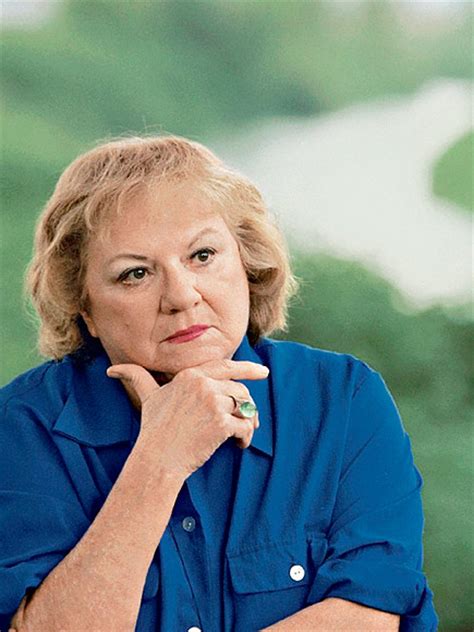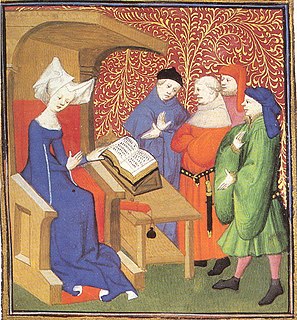A Quote by Harriet Beecher Stowe
In the old times, women did not get their lives written, though I don't doubt many of them were much better worth writing than the men's.
Related Quotes
You see, this people [Noah, Abraham, Sarah, Jacob, etc.] simply believed that God existed in the situation they were faced with, and they trusted Him rather than themselves. The result? God said, "That pleases Me." They were men and women just like you and I, which is the most encouraging part of all. We don't find golden haloes, or perfect backgrounds, or sinless lives, we just find people. People who failed, who struggled, who doubted, who experienced hard times and low times in which their faith was eclipsed by doubt. But their lives were basically characterized by faith.
I was raised to believe that you had to do things better than white people in order to succeed. The old black shows were better than the white shows. "The Jeffersons" (1975) was a lot better. "Good Times" (1974) was way funnier. "Sanford and Son" (1972). Now, though, everyone thinks we're equal, so we submit the same shit that everyone else submits. And then we get mad when they won't air it. You got to go back to the old attitude of it has to be twice as good.
What I find interesting and heartening, though, is that there does seem to be a shift in the subject matter being written about by women that is doing well in the culture. We're seeing more women writing dystopian fiction, more women writing novels set post-apocalyptic settings, subjects and themes that used to be dominated by men.
I was a housewife, so I learned to write in times off, and I don't think I ever gave it up, though there were times when I was very discouraged because I began to see that the stories I was writing were not very good, that I had a lot to learn, and that it was a much, much harder job than I had expected.
Without seeing any reason to believe that women are, on the average, so strong physically, intellectually, or morally, as men, I cannot shut my eyes to the fact that many women are much better endowed in all these respects than many men, and I am at a loss to understand on what grounds of justice or public policy a career which is open to the weakest and most foolish of the male sex should be forcibly closed to women of vigor and capacity.


































